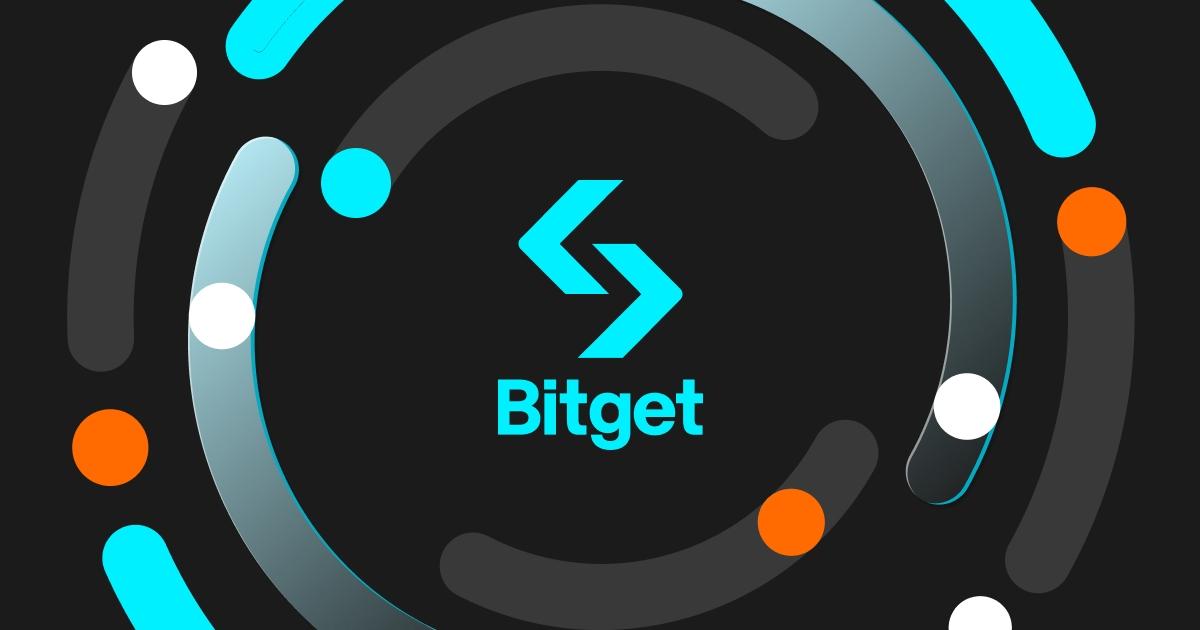Bitget’s Q2 2024: $700M Influx and Sports Partnerships
12.07.2024 9:30 1 min. read Alexander Stefanov
Bitget reported significant growth in Q2 2024, including a 50% surge in website traffic and the addition of 2.9 million new users.
The exchange claims to have attracted 10 million monthly visitors and saw a 10% rise in spot trading volume compared to Q1. Additionally, Bitget noted a substantial increase in its Bitcoin, Tether, and Ethereum holdings, totaling a 70% growth equating to approximately $700 million in capital inflow.
During the quarter, Bitget forged partnerships with Turkish national athletes as part of its global expansion efforts, alongside football star Lionel Messi.
CEO Gracy Chen expressed gratitude for community support and emphasized their commitment to advancing Web3 technologies.
Bitget also launched a $20 million ecosystem fund in collaboration with Foresight Ventures to bolster early-stage projects on The Open Network (TON).
The exchange highlighted its proof-of-reserves report showing asset ratios above 100%, ensuring transparency and security.
Moreover, Bitget strengthened user protection by partnering with Sumsub to counter deepfake scams in KYC verification processes, responding proactively to emerging threats in the crypto space.
-
1
UK Regulators Unveil PISCES – A New Era for Private Share Trading
11.06.2025 15:00 2 min. read -
2
Trump Turns 79 With Billions in Crypto and a $45M Parade
14.06.2025 22:00 2 min. read -
3
Polygon Breaks from Decentralization as Sandeep Nailwal Assumes Full Control
11.06.2025 20:00 2 min. read -
4
KuCoin Plants Its Flag in Bangkok With a Licensed Thai Exchange
14.06.2025 13:00 1 min. read -
5
Nvidia CEO Urges UK to Invest in AI Infrastructure or Risk Falling Behind
10.06.2025 9:00 1 min. read
U.S. Bank Advises Clients to Drop These Cryptocurrencies
Anchorage Digital, a federally chartered crypto custody bank, is urging its institutional clients to move away from major stablecoins like USDC, Agora USD (AUSD), and Usual USD (USD0), recommending instead a shift to the Global Dollar (USDG) — a stablecoin issued by Paxos and backed by a consortium that includes Anchorage itself.
Vitalik Buterin Warns Digital ID Projects Could End Pseudonymity
Ethereum co-founder Vitalik Buterin has voiced concerns over the rise of zero-knowledge (ZK) digital identity projects, specifically warning that systems like World — formerly Worldcoin and backed by OpenAI’s Sam Altman — could undermine pseudonymity in the digital world.
What Are the Key Trends in European Consumer Payments for 2024?
A new report by the European Central Bank (ECB) reveals that digital payment methods continue to gain ground across the euro area, though cash remains a vital part of the consumer payment landscape — particularly for small-value transactions and person-to-person (P2P) payments.
History Shows War Panic Selling Hurts Crypto Traders
Geopolitical conflict rattles markets, but history shows panic selling crypto in response is usually the wrong move.
-
1
UK Regulators Unveil PISCES – A New Era for Private Share Trading
11.06.2025 15:00 2 min. read -
2
Trump Turns 79 With Billions in Crypto and a $45M Parade
14.06.2025 22:00 2 min. read -
3
Polygon Breaks from Decentralization as Sandeep Nailwal Assumes Full Control
11.06.2025 20:00 2 min. read -
4
KuCoin Plants Its Flag in Bangkok With a Licensed Thai Exchange
14.06.2025 13:00 1 min. read -
5
Nvidia CEO Urges UK to Invest in AI Infrastructure or Risk Falling Behind
10.06.2025 9:00 1 min. read

